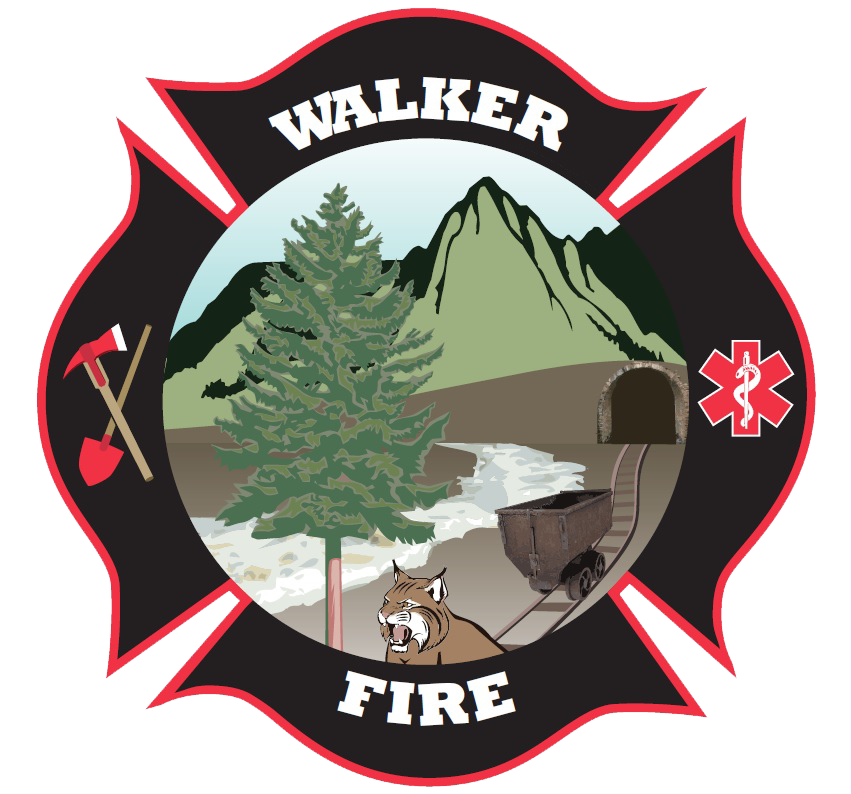Escaping Wildfire on the Highway:
- First pull to the shoulder of the road and turn the engine off, but keep lights on.
- If you must stop on the road, use lights and emergency flashers and pull over as far as possible.
- Tightly close all windows and vents into the car.
- Remove synthetic fibers close to your body and wrap yourself in a DRY cotton or wool blanket.
- Lie down on the floor board.
- Don’t panic. As the fire passes over/around your car, the winds will rock it wildly.
- After the fire passes, get out of and away from the car.
Hikers/Campers Escape Tips:
- First be aware of the level of fire danger in the area you are in and plan our excursions safely.
- Look, Listen, & Smell – If you see smoke, smell smoke, or hear fire, leave the area immediately always traveling at lower elevations.
- But avoid narrow valleys and steep slopes, as these areas act like a chimney for fires.
- Immediately remove your backpack or any other material that is synthetic from your body and cover yourself with dry cotton or wool.
- Dispose of any fuels, everything from stove fuel to matches and lighters.
- Look for a body of water, rocks, or a depressed area and lie down.
- If none of these are nearby, clear an area 10-20 ft. around you of all burnable materials and lie down face first.
- Try to cover yourself with dirt.
AS A LAST RESULT – when surrounded by fire:
- Make sure your skin and hair are covered by DRY cotton/wool and run into a burned area (through a wall of fire where the flames are 4 ft. or less).
- Never under estimate fire in the wilderness. A small fire becomes a large fire very quickly.
- Fire fronts change rapidly with the wind and other factors. And fire can easily move faster than you!
Tips:
- Be prepared.
- Have an evacuation plan worked out prior to your adventure, including designated escape routes from your wilderness location in case of fire threat.
- Be aware of the level of fire danger in the area you are in, and plan your activities around conditions.
Remember:
- If you are caught and must go to ground with a 10-20 ft. cleared space around you, the fire will suck oxygen out of this area for a few minutes.
- Don’t panic – oxygen will rush in as the fire passes.
- Always let someone know where you will be hiking/camping.
- Make sure your cell phone/gps is charges and you have extra batteries.
